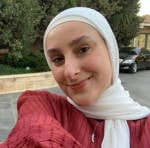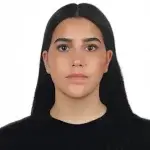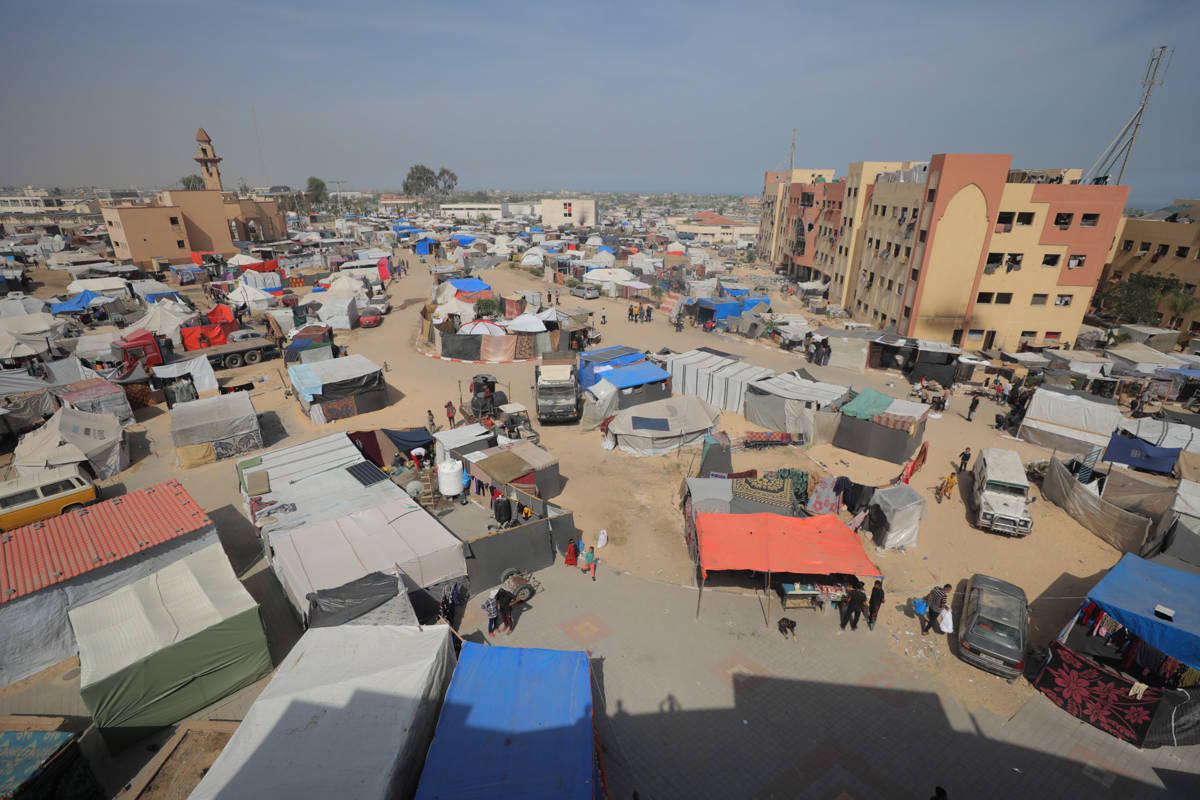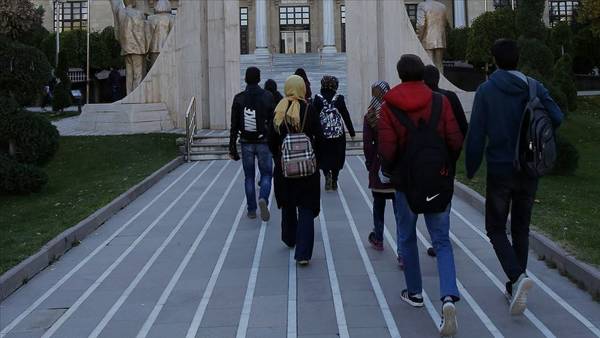“It was a calm Friday night, the sky was dark with the stars shining through the horizon, but, all of a sudden, something happened, a huge light shocked my eyes, and an explosion sound made my ears deaf, but, before I was able to understand what happened I opened my eyes to see myself under the rubble, fighting to stay alive, following that light that shed through the rubble. That is a scene that has been repeated every day since the genocide in Gaza started on the 7th of October. Palestinian people have been losing their homes, children, families, and all their memories.”
This is how a young Gaza resident describes the plight of the city's inhabitants following October 7, when Israel launched an all-out war on the Gaza Strip. Since then, authorities in Gaza report that more than 35,000 people have been killed, and over 80,000 have been injured.
For those who have survived, nearly 2 million people, which is almost the entire population of the densely populated city, have been displaced. People are also suffering because of the limited supplies and resources available after most hospitals stopped their operations, leaving even babies in incubators in danger.
After the Nakba in 1948, Palestinians were forced to leave their homes and emigrate to various countries, holding onto their house keys in the hope that they would soon return. Seventy-five years later, these people still hold onto the hope of reclaiming their land.
“What if this is the last call?"
Students are among those seeking a better life and a place where they feel valued as humans. Mohammed Al-Khalidi, 22, studies at İstanbul Bilgi University. His family of 11 live in Gaza, all in the same building. After they were told to move to the south, where the Israeli forces declared a “safe area,” they bombed Salah Alden Street, which is the only street that connects the city’s north and south. More than 300 people relocating to the south died there.
Muna Rayan, who studies medicine at İstanbul’s Biruni University, moved to Turkey in 2015, seeking a better life after the 2014 war. She describes this was as the toughest one: “I have been receiving messages from my friends writing their last words. They say, ‘keep us alive even when we are dead, alive in your memory and others memory. We are not numbers, tell the world that we were something, and we had our dreams’.”
“What if this is the last call? You’d never know,” she adds.
"I am three wars old"
Raneem Rami, 20, also from Bilgi University, says trying to reach her relatives in Gaza is the hardest thing. After Israel’s attack began, 16 of her father’s relatives were killed, and their house was only two streets away, she says. “We are losing families not individuals.”
For Gazan people, to drink water, they have to leave their houses to go to a public water faucet and wait in a line to fill a gallon of water that is not even that safe to drink. While on the call with her uncle she heard her grandma in the background saying “As long as we have flour to make bread with, we are grateful”.
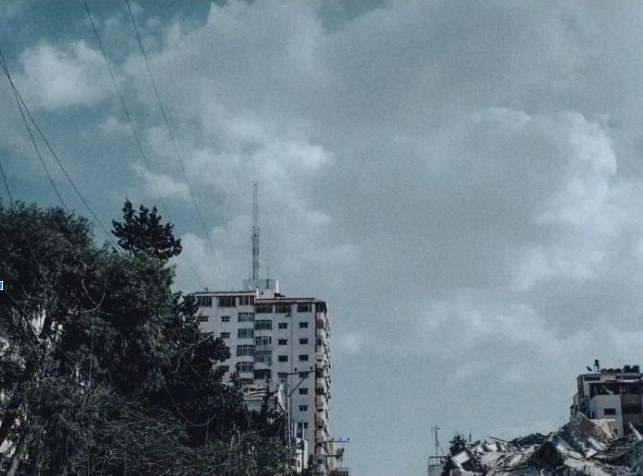
“We, the people of Gaza are so creative. We don’t have electricity so we built a solar system to use the sun’s energy as our electricity source,” says Raneem.
In another story Raneem mentions how dedicated people are in Gaza, she said her cousin, 8 years old, goes to an English course with more than 200 people studying underground to learn English. “People in Gaza would do anything for education.”
Noting that this is not the first war in Gaza, Raneem identifies herself as “three wars old” and the people of Gaza as “six wars old.”
“This makes me feel like I’m missing out, that I’m losing a part of my identity. People here achieve a lot, they live fast; we know life is not granted and this makes us work even harder to leave a footprint on this earth.” (LD/AQ/VK)




